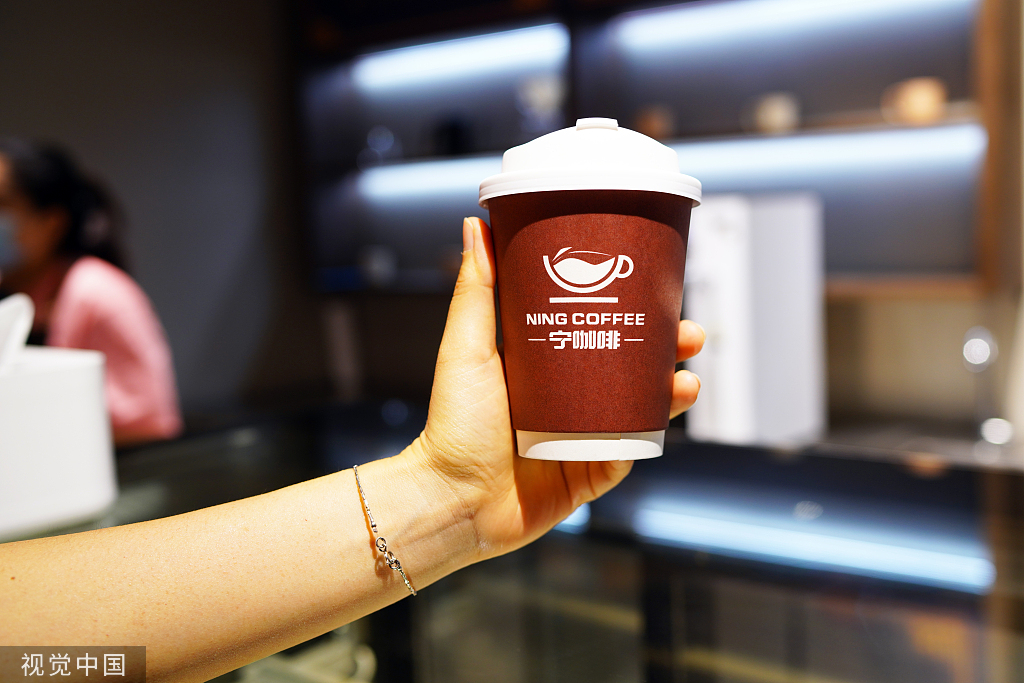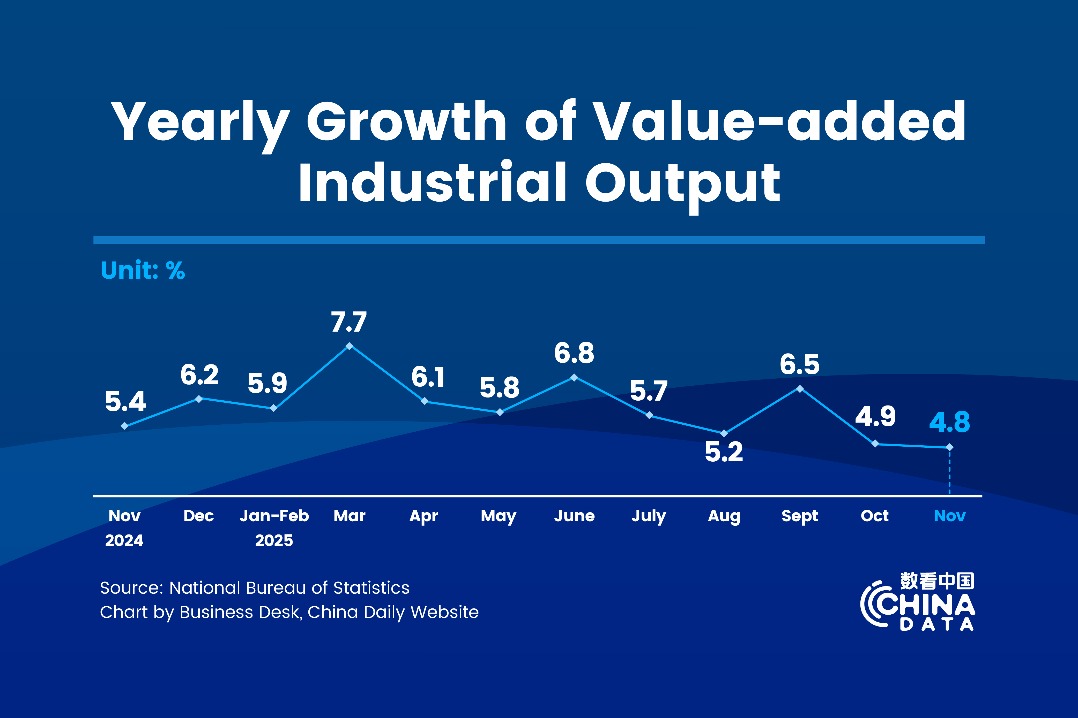Sportswear brand Li-Ning makes foray into coffee service


News that the country's leading sportswear brand Li-Ning has started its own freshly-brewed coffee business has made it a new contender to the competitive on-premise coffee sector, but it's also left a question mark on whether such a crossover will work.
The sports brand has recently applied to register its brand as "Ning Coffee" and has already operated coffee services in Beijing, Xiamen of Fujian province and Zhanjiang of Guangdong province.
Most of its coffee businesses are expected to be included inside its brick-and-mortar sportswear stores, which are numbered at more than 7,000.
If adding coffee into its sportswear stores, the estimated maximum scale of "Ning Coffee" could be larger than the country's biggest coffee chains, given that Starbucks China has more than 5,500 stores and Luckin Coffee sits at around 6,000 stores.
Li-Ning's ambition to cash in from the coffee business can be traced back to 2013 when the company rolled out apparel that is made of coffee carbon fibers for its warmth and ability to be environmentally friendly.
In 2020, Costa Coffee, now the coffee unit of the Coca-Cola company, collaborated on a T-shirt with Li-Ning. This year, Nestle Coffee has worked with Li-Ning to develop clothing and coffee gift products.
Zhu Danpeng, a food and beverage analyst, said consumers are targeted for both their sportswear products and coffee, and are well-matched-young Chinese consumers who have followed the guochao trend or the Chinese cultural tide.
In its reply to China Daily, Li-Ning said the company has prioritized three dimensions-sports, products and retail. To optimize its store service, the company has offered coffee as an innovation and added value to its in-store shopping experiences.
Li-Ning is not the first clothing company to bring coffee into their stores.
US designer clothing brand Ralph Lauren opened its first Ralph's Coffee shop on the Chinese mainland in Beijing in April, a move to help attract more consumers and boost its main business.
The shop is located in the trendy shopping area at the Taikoo Li complex of Sanlitun, one of Beijing's busiest and most fashionable areas.
The three-floor store of Ralph Lauren in Sanlitun offers a wide variety of clothing, accessories and household items including bedding, cups, caps and bags.
Similar to Ralph's strategy, the coffee business hopes to add more trends such as sports to its main business as sports have become more popular among younger consumers in recent years, said Zhu.
Meanwhile, growth in consumer interest in on-premise coffee and instant coffees have made the sector a hot pursuit, particularly for those with large-scale retail networks.
Beijing TRT Group, a traditional Chinese medicine pharmacy, China Post, Petro China and Sinopec Group and even Goubuli-an iconic Tianjin-based bun specialist-have opened their own coffee units.
"Those who take coffee as their crossover have one thing in common," said Zhu. "To some extent, their main businesses, that used to have glorious days, are now considered unfashionable among younger generations. Coffee has come to the rescue to inject new vitality."
However, Zhu said he is worried about the outcomes for those emerging coffee players from other industries. "The coffee sector requires a high level of professional skills and know-how in terms of the supply chain, quality of coffee, branding, service systems and customer loyalty," he said.
The coffee sector, though not saturated yet, has grown more differentiated with each brand attracting their respective niche consumer group.
For instance, Starbucks China has focused on improving its digital connection and its third space engagement, Luckin Coffee on its localized recipe innovations, Blue Bottle on designer-style stand-alone stores, and Manner Coffee has focused on affordable but quality drinks.
According to the report from UK-based research institute Mintel Group, thanks to rising investments, the number of on-premise coffee stores was estimated to be 136,000 in 2021, with a growth rate of 5.4 percent. In five years, said the report, the annual aggregated growth rate is forecast to climb to 10.9 percent and the market value to 75.8 billion yuan ($11.4 billion).




































